Now we’re well into 2018, the government has changed legislation that will shape the HR and the secretarial job market. From changes in the minimum wage to the gender pay gap, 2018 is set to change the way that HR functions operate. This blog identifies changes in legislation over the first half of 2018.
#30th March 2018 – Gender pay gap reporting (Public Sector)
Who remembers the Golden Globes at the start of January? Every star at the event wore a black dress or suit in a statement against sexual harassment and gender inequality. With the gender pay gap in the media at the moment, it’s interesting to see that from the 30th of March 2018, if you’re a business that operates within the public sector (government departments, local councils, the NHS, state schools and the armed forces) you will be required to present a report demonstrating the differences in what your male and female employee’s earn.
Key Points:
- An employer must comply with the regulations for any year where they have a headcount of 250 or more employees on 5 April (where the private and voluntary sector regulations apply) and 31 March (where the public-sector regulations apply), but employers of all sizes should consider the advantages of pay gap reporting.
- There are six calculations to carry out, and the results must be published on the employer’s website and a government website within 12 months. Where applicable, they must be confirmed by an appropriate person, such as a chief executive.
- Employers have the option to provide a narrative with their calculations. This should generally explain the reasons for the results and give details about actions that are being taken to reduce or eliminate the gender pay gap. (Acas, 2018)
#31st March 2018 – ‘Fit for work’ scheme is scrapped?
Launched around three years ago, this scheme was set up to provide free advice on health at work and managing employee sickness. It’s essentially a free occupational health assessment scheme for employees who reach four weeks of leave due to sickness. Employers were entitled to refer sick employees to professional GP’s. With this set to be scrapped, employers can still use the scheme only for online advice. Read here for more >>
Why is the scheme being scrapped?
Since it’s launch in 2015, there has been scepticism around how useful the scheme is. Interestingly, a survey conducted by GP magazine last summer found that 65% of GP’s had not referred a single patient to the service and it was due to the lack of publicity and awareness. Willis Towers Watson found that only 21% percent of HR professional have actually used the service. One of the key factors to why it’s being scrapped is that it’s evident that the scheme is underused and fairly unknown.
#1st April 2018 – Changes in the National Living Wage
Inflation increasing in the UK has contributed to the UK’s minimum wage growing. These changes include the largest increases in a decade for the rates that apply to 18-20 and 21-24-year old’s. An interesting trend, the result of inflation increasing, raises the possibility of using artificial intelligence to take over the more autonomous jobs. One of Britain’s leading Thinktanks has suggested that the rise in the minimum wage could swing employer’s to use automation, which puts further jobs at risk.
Here’s what you could be earning as of the 1st of April:
- Workers aged 25 and over: £7.83 an hour (National Living Wage), 4.4% increase from 2017
- Workers aged 21 and over: £7.38 an hour, 4.6% increase from 2017
- Development rate for workers aged 18-20: £5.90 an hour, 5.3% increase from 2017
- Young workers rate for workers aged 16-17: £4.20 an hour, 3.7% increase from 2017
- Apprentice rate: £3.70 an hour, 5.4% increase from 2017
- According to The Institute for Fiscal Studies, they found “the proportion of the workforce covered by the minimum wage was likely to triple to 12% between 2015 and 2020 – drawing in groups vulnerable to automation” Read here for more >>
In addition to this, the personal allowance is changing. This is essentially what you can earn before you start paying tax, which is increasing from £11,500 to £11,850 (3% increase from 2017) Happy days!
#4th April 2018 – Gender Pay Gap Reporting For Private Sector Employees
As it stands, there are no reports suggesting that companies will be punished for having a wider pay gap. Although the government has created an initiative that involves a league table that demonstrates which companies are failing to address the pay gap, these businesses may face pressure from social media and competitors to create more equality in pay. Read here for more >>
From the 4th of April, legislation will require private sector businesses, with over 250 employees, to show the differences in pay between their male and female employee’s (identical to the public sector) legislation. EY, Aviva and Deloitte are some of the businesses leading the way in gender gap reporting.
Examples of Gender Pay Gap
- Personal Assistants / Other Secretaries – Women are paid 13.6% more than men (Average of £11.97 an hour for women compared to £10.54 for men)
- HR Administrative Roles – Women are paid 3.3% more than men (Average of £10.70 an hour for women compared to £10.36 for men)
- Admin Roles in Public Sector – Women are paid 9.8% less than men (Average of £11.09 an hour for women compared to £12.30 for men)
All sourced from Business Insider UK, 2018.
#25th May: General Data Protection Regulation (GDPR)
GDPR is Europe’s new framework for data protection laws, replacing the previous 1995 data protection act, which is the current UK law. Europe’s GDPR website states that the legislation is going to be implemented to “harmonise” data privacy across Europe as well as providing more protection and rights to individuals.
What’s new?
GDPR gives individuals the right to access personal information that they have about them and it means obligations will be in place for better data management for businesses.
Is my company going to be affected?
Individuals, organisations and companies that are “controllers” or “processors” of personal data will be impacted by the new GDPR legislation. Any information that you have which can identify a person, whether it is a name, address or even an IP address will mean you will be affected. If you’re a business that operates a subscription-based service where you send out weekly newsletters or deals that your business has, simply having a box where you can unsubscribe from receiving mass emails isn’t good enough anymore! Businesses need to be assessing how they’re interacting with personal data and how GDPR will affect them. Read here for more >>
Not meeting GDPR compliance, can have significant financial implications for your business:
· There are tough penalties for those companies and organisations who don’t comply with GDPR fines of up to 4% of annual global revenue or 20 million Euros, whichever is greater” Superoffice, 2018.
Other legislation, with no date confirmed to look out for the rest of 2018.
- CEO/Worker pay gap reported >>
- Parental bereavement bill >>
- Grandparental Leave >>
- IR35 in the private sector >>
Keep an eye out for future blogs on these and how they are likely to affect you.
With Brexit on the 2019 agenda, further waves in UK legislation are no doubt on the horizon. Research suggests the SME sector is less prepared than others for the changes ahead, so make sure you are well informed to make the necessary changes.




